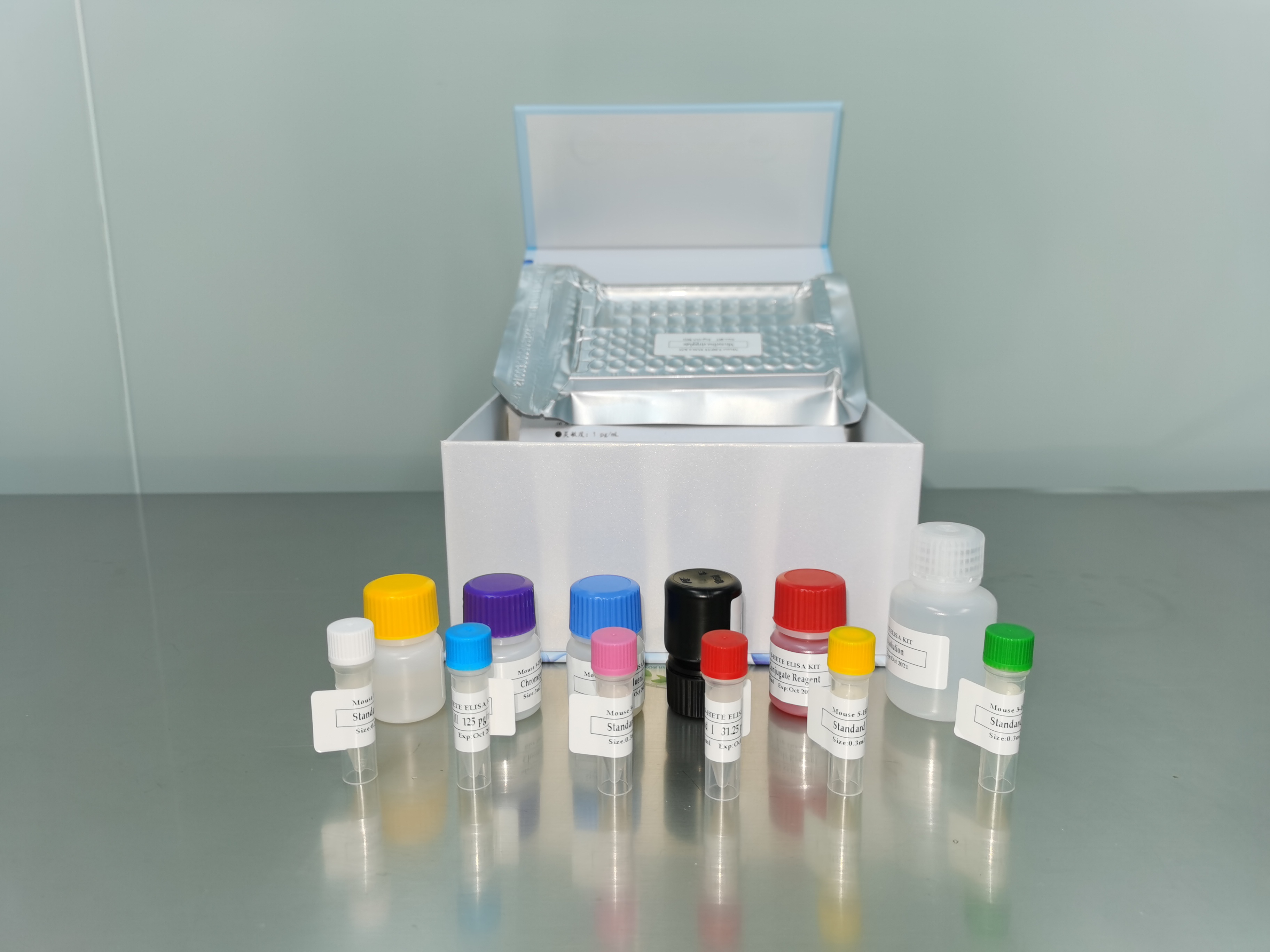| 产品名称: | Nalanthamala diospyri (Crand.) Schroers et M.J. Wingf. |
|---|---|
| 商品货号: | TS156452 |
| Deposited As: | Cephalosporium diospyri Crandall |
| Strain Designations: | 71678 CBS 131.51, CBS 560.89, DSM 2939, IFO 6118, IZ 221 |
| Application: | produces carotenoids produces glucan produces riboflavin vitamin B2 produces exocellular glucan |
| Biosafety Level: | 1
Biosafety classification is based on U.S. Public Health Service Guidelines, it is the responsibility of the customer to ensure that their facilities comply with biosafety regulations for their own country. |
| Product Format: | freeze-dried |
| Storage Conditions: | Frozen: -80°C or colder Freeze-Dried: 2°C to 8°C Live Culture: See Propagation Section |
| Type Strain: | yes |
| Preceptrol®: | no |
| Medium: | ATCC® Medium 312: Czapeks agar ATCC® Medium 323: Malt agar medium ATCC® Medium 336: Potato dextrose agar (PDA) |
| Growth Conditions: | Temperature: 24°C to 26°C Atmosphere: Typical aerobic |
| Name of Depositor: | FF Lombard |
| Chain of Custody: | ATCC <-- FF Lombard <-- (<-- J.A. Stevenson <-- B.S. Crandall) |
| Isolation: | Wilt of persimmon, Diospyros virginiana, Tennessee |
| References: | Seviour RJ, Hensgen K. Exocellular glucan production by Acremonium diospyri. FEMS Microbiol. Lett. 16: 343-347, 1983. Crandall BS. A new species of Cephalosporium causing persimmon wilt. Mycologia 37: 495-498, 1945. Deed A, et al. Production of carotenoids by protoplasts of the fungus Acremonium diospyri. Enzyme Microb. Technol. 12: 940-944, 1990. Wood P, Seviour RJ. Exopolysaccharide production by Acremonium diospyri in continuous culture. World J. Microbiol. Biotechnol. 10: 14-16, 1994. Seviour RJ, Codner RC. Effect of light on carotenoid and riboflavin production by the fungus Cephalosporium diospyri. J. Gen. Microbiol. 77: 403-415, 1973. Schroers HJ, et al. Classification of the guava wilt fungus Myxosporium psidii, the palm pathogen Gliocladium vermoesenii and the persimmon wilt fungus Acremonium diospyri in Nalanthamala. Mycologia 97: 375-395, 2005. PubMed: 16396346 |


